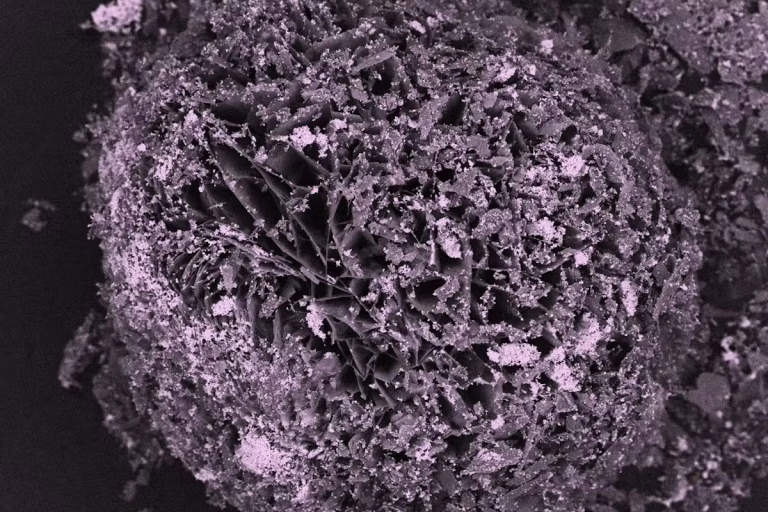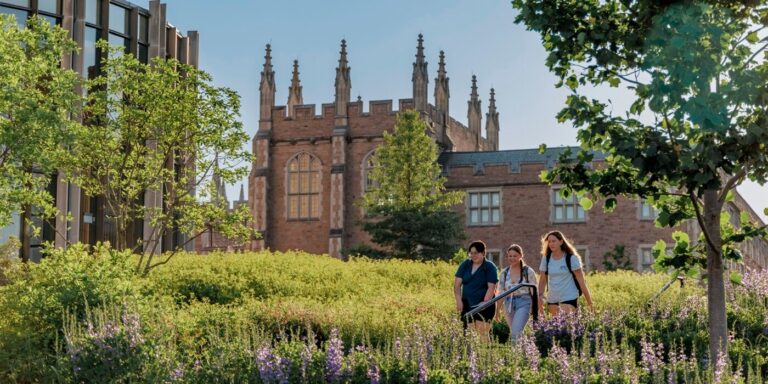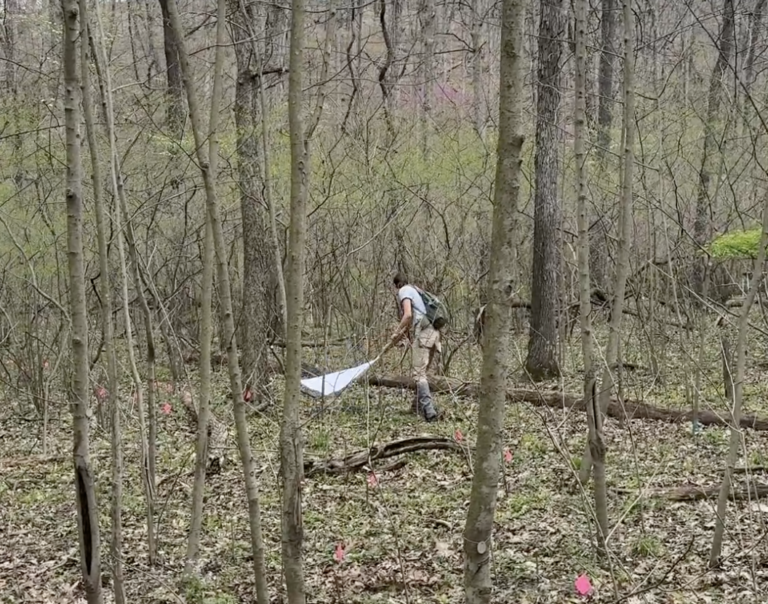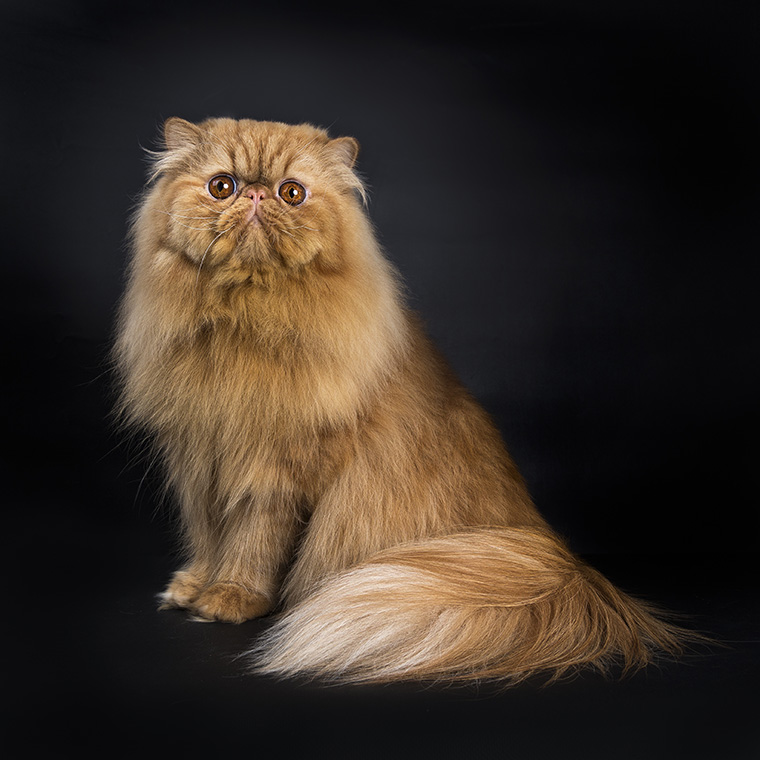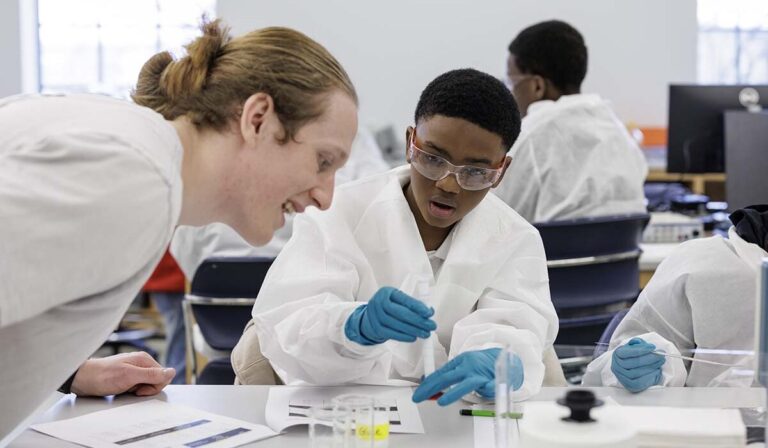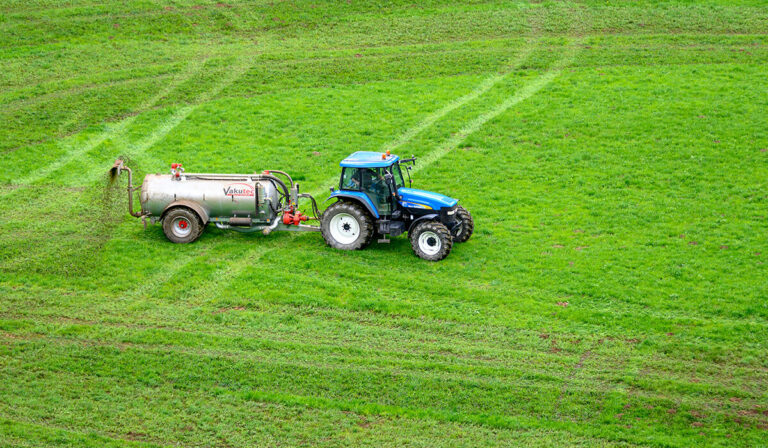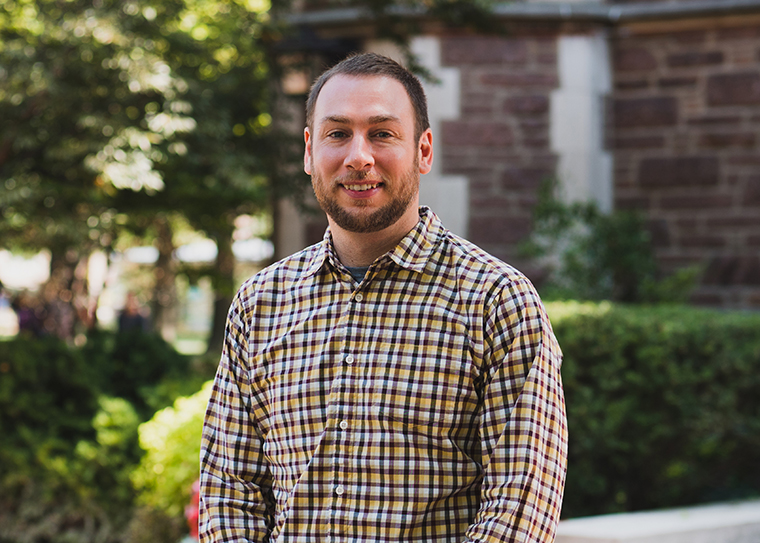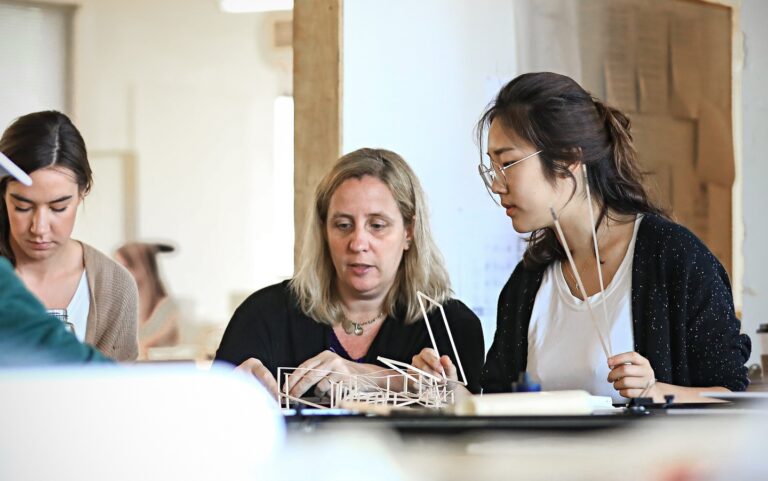WashU partners with leading St. Louis recreation organizations
As part of its “In St. Louis, For St. Louis” commitment, WashU is supporting several organizations focused on outdoor recreation.
New nucleation to advance climate resilience and clean energy technologies
A new study led by researchers at Washington University in St. Louis investigates an innovative method for capturing carbon dioxide (CO₂) while recovering nickel (Ni), a critical metal for clean energy technologies.
Inspired by Nature
Despite being in the beating heart of St. Louis, Washington University has long been entwined with its natural surroundings.
Meet the undergrad who discovered St. Louis County’s first longhorned tick
Undergraduate researcher Sam Ko has been studying ticks for the last year of her college career. Her legacy will be confirming the arrival of a tiny invasive species raising big concerns.
Copycat evolution
Research reveals convergent evolution between domesticated species, a phenomenon that has received little previous attention
Researcher for a Day: St. Louis children get up-close look at cutting-edge science
Middle school students from Central Middle School have joined the quest with WashU engineer Marcus Foston: Can we produce alternatives to plastic from renewable sources?
Inactive components in agricultural runoff could contribute to drinking water hazards
Researchers find ingredients in herbicides may be precursors to harmful contaminants in drinking water
Tropical bounty: How forests can turn into chemical factories
A new study led by researchers at Washington University in St. Louis and the Missouri Botanical Garden has uncovered a surprising layer of diversity in tropical forests.
Freixas’ research project Segregation by Design to receive Provost Impact Award
Associate Professor Catalina Freixas has received a Provost Impact Award through WashU’s Confluence Collaborative for her research project, Segregation by Design.
Electrochemical method supports nitrogen circular economy
Imagine a world where industrial waste isn’t just reduced, it’s turned into something useful.

